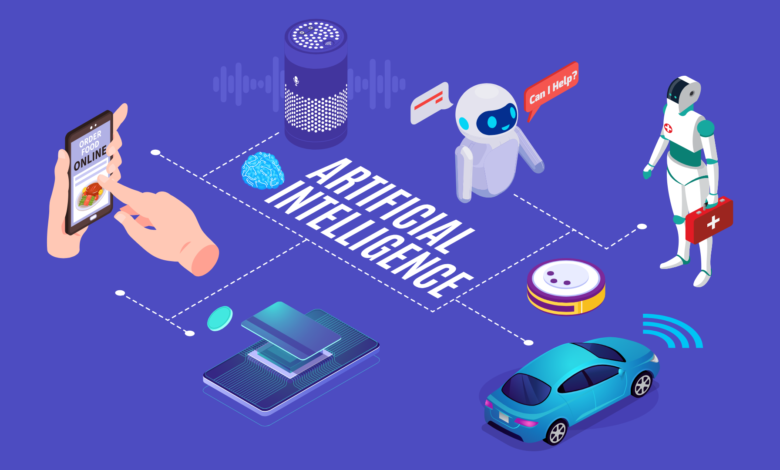The Evolution of Artificial Intelligence in Everyday Life

Artificial intelligence (AI) is no longer just a buzzword reserved for science fiction or cutting-edge research. Over the past decade, AI has woven itself into the fabric of our daily lives, often in ways we don’t even realize. From smart assistants like Siri and Alexa to more complex machine learning systems that power recommendation engines on Netflix and Amazon, AI has become an indispensable part of our technological ecosystem.
One area where AI has seen tremendous growth is in natural language processing (NLP) and speech generation. For years, we’ve interacted with voice assistants that can understand commands and perform tasks, but the evolution of these systems has taken a huge leap forward. One of the more exciting innovations in this space is the development of highly advanced voice generator AI, which can create realistic human-like voices from text. This technology is revolutionizing the way we think about communication, content creation, and even entertainment.
Previously, text-to-speech systems had a robotic or mechanical quality to them, making interactions feel less natural. However, with modern voice generator AI, voices can be finely tuned to sound like specific people or even simulate unique emotional tones. This has applications in everything from virtual assistants and automated customer service agents to audiobook narration and video game characters. Content creators are using these tools to enhance their projects with lifelike voiceovers, making it easier and faster to produce high-quality audio content without the need for human voice actors.
Beyond entertainment and media, voice generator AI is also making waves in accessibility. For individuals with speech impairments or other communication challenges, these AI systems provide a powerful tool to help express themselves more clearly and naturally. Some cutting-edge applications even allow users to clone their own voice, giving them the ability to “speak” with a voice that’s familiar to them.
While voice generation technology has brought about exciting new possibilities, it also raises questions about privacy and authenticity. As AI voices become more convincing, distinguishing between a real person and a generated voice can become increasingly difficult. This has sparked conversations around ethics, especially in areas like deepfakes and impersonation. The rise of such technologies highlights the need for robust regulations to ensure they are used responsibly.
In conclusion, the integration of AI into everyday life is only going to grow stronger in the coming years. From voice generator AI to more sophisticated systems that can understand context and nuance, the potential for innovation is limitless. As this technology continues to improve, it will undoubtedly unlock new opportunities for businesses, content creators, and individuals alike, while also presenting new challenges that we will need to address as a society.

